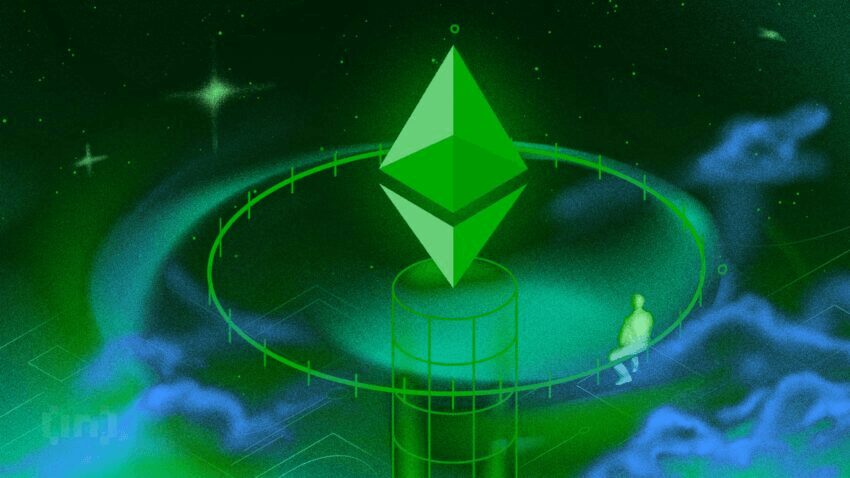Looking for the top 5 Ethereum DEX’s in 2025? This guide highlights the leading decentralized exchanges on Ethereum, exploring their features and what makes them stand out. Dive in to see which platforms made the cut and why.
Key Takeaways
- Ethereum’s smart contracts are essential for DEX functionality, enhancing security, transparency, and trading efficiency.
- The top five Ethereum DEXs—Uniswap, Curve Finance, SushiSwap, Balancer, and dYdX—offer unique features catering to diverse trading and management needs.
- Security risks, such as faulty smart contracts and rug pulls, make it crucial for users to choose audited DEXs and manage their wallets properly.
Ethereum’s Role in Decentralized Exchanges
Ethereum is undeniably the backbone of decentralized exchanges (DEXs). Its advanced smart contract capabilities and robust blockchain technology have paved the way for a variety of innovative platforms that eliminate intermediaries and enhance trading efficiency. Operating on the Ethereum blockchain, these DEXs benefit from inherent security and transparency, making the trading experience both safe and reliable.
Smart contracts are the heart of Ethereum-based DEXs. They automate processes such as order execution and liquidity management, ensuring smooth and efficient operations without the need for a central authority. This automation not only enhances user experience but also significantly reduces the risk of human error. Ethereum’s infrastructure supports billions of dollars in daily transactions within the DeFi space, underscoring its critical role in the ecosystem.
One of Ethereum’s standout key features is its support for a wide range of tokens, thanks to the ERC-20 standard. This flexibility allows for seamless integration of various cryptocurrencies, including the native token and native tokens, into DEX platforms.
Moreover, a strong developer community continuously works on enhancing Ethereum’s DEX protocols, driving innovation and ensuring ongoing improvements in security and user experience. The transparent and open defi protocols facilitated by Ethereum are central to the DeFi movement, making it a pivotal player in the development of decentralized exchanges.
Top 5 Ethereum DEXs for 2025
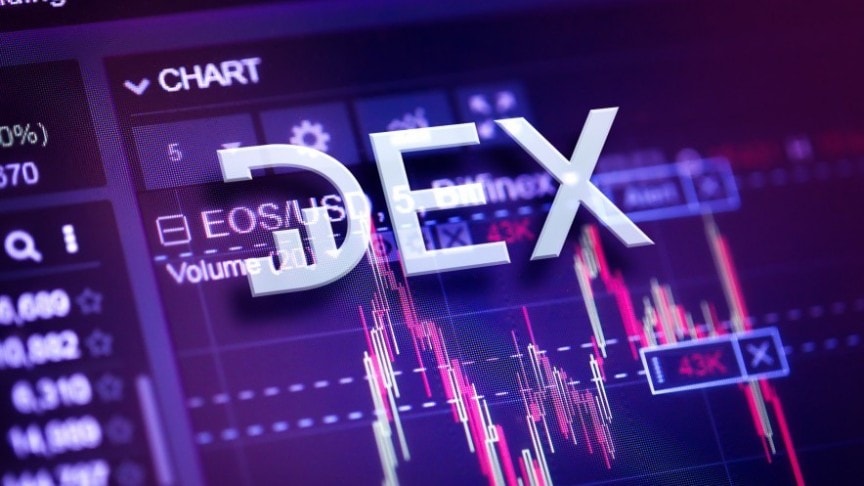
The top five decentralized exchanges (DEXs) on Ethereum have not only revolutionized trading but have also significantly shaped the decentralized financial landscape. These platforms offer diverse solutions, pioneering models, and specialized approaches that optimize user experiences in the DeFi space. Each of these DEXs brings something unique to the table, catering to different needs and preferences, including multiple decentralized exchanges.
First on the list is:
- Uniswap, renowned for supporting over 1,400 cryptocurrencies and integrating NFTs into its ecosystem.
- Raydium, which stands out by combining Automated Market Maker (AMM) features with order books, providing efficient and low-fee trading.
- PancakeSwap, another leading DEX, recognized for its low trading fees and user-friendly interface.
Orca is highly praised for its user-friendly interface and low latency in transactions, making it a favorite among users. Lastly, Aerodrome SlipStream emphasizes zero trading fees and innovative liquidity pool rewards, setting it apart from other platforms. For beginners, Uniswap and PancakeSwap are commonly recommended due to their simplicity and lower complexity.
Uniswap: The Largest DEX
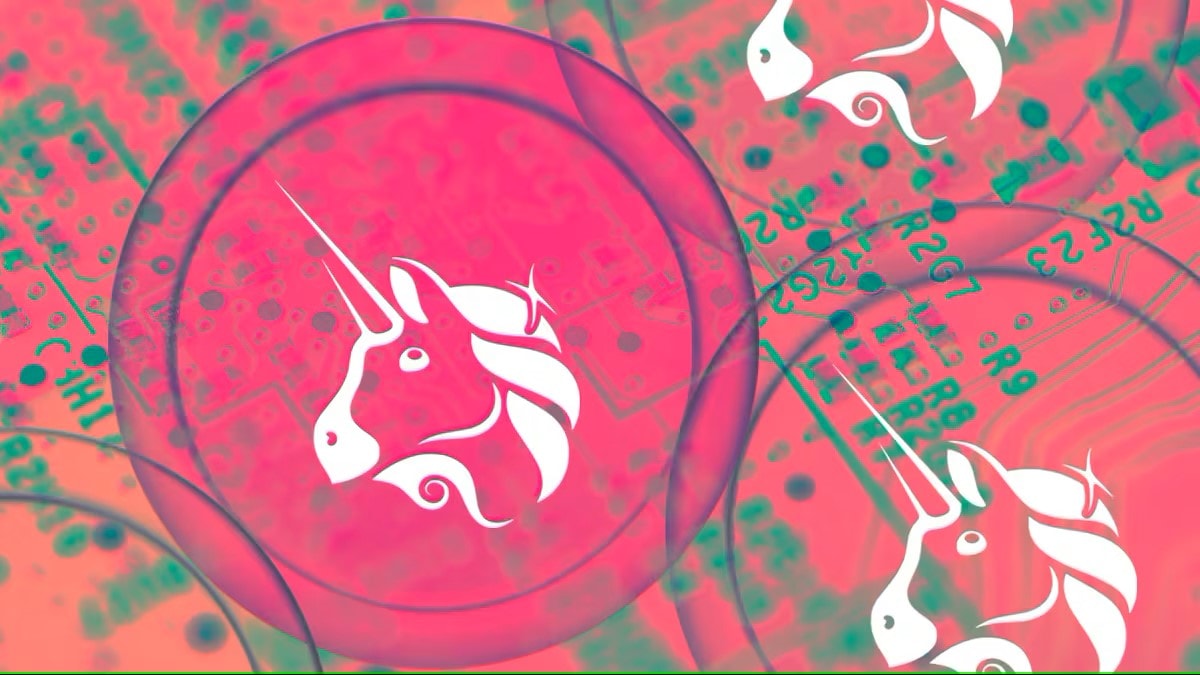
Uniswap has carved out its place as the largest decentralized exchange (DEX) on Ethereum. Known for its innovative Automated Market Maker (AMM) model, Uniswap has significantly enhanced liquidity and improved trading experiences. Concentrated liquidity pools allow providers to set custom price ranges, optimizing their earnings. Liquidity providers on Uniswap earn a 0.3% fee for trades executed within their dex pools, making it an attractive option for those looking to provide liquidity.
The platform’s governance token, UNI, plays a crucial role in its decentralized governance structure. UNI token holders have the power to influence key decisions, ensuring that the community has a say in the platform’s future.
Despite its success, Uniswap faces challenges such as impermanent loss, network congestion, and increasing market competition. However, its continuous innovation and strong community support keep it at the forefront of the DEX landscape.
Curve Finance: Stablecoin Specialist
Curve Finance has made a name for itself as the go-to platform for stablecoin swaps. Its stableswap algorithm minimizes price fluctuations, creating stable exchange rates for similar assets, which is particularly beneficial for stablecoin trades. This focus on stability makes it an ideal choice for traders looking to minimize slippage and enjoy low fees.
Curve Finance operates under a decentralized governance model, with CRV token holders having a say in key protocol decisions. This decentralized approach not only empowers the community but also rewards liquidity providers. Users providing liquidity earn transaction fees and other rewards, incentivizing participation in the platform.
Despite its advantages, Curve Finance faces challenges such as a limited variety of assets. However, its specialization in stablecoin swaps and its innovative algorithm continue to make it one of the top decentralized exchanges on Ethereum.
SushiSwap: Beyond Just Trading
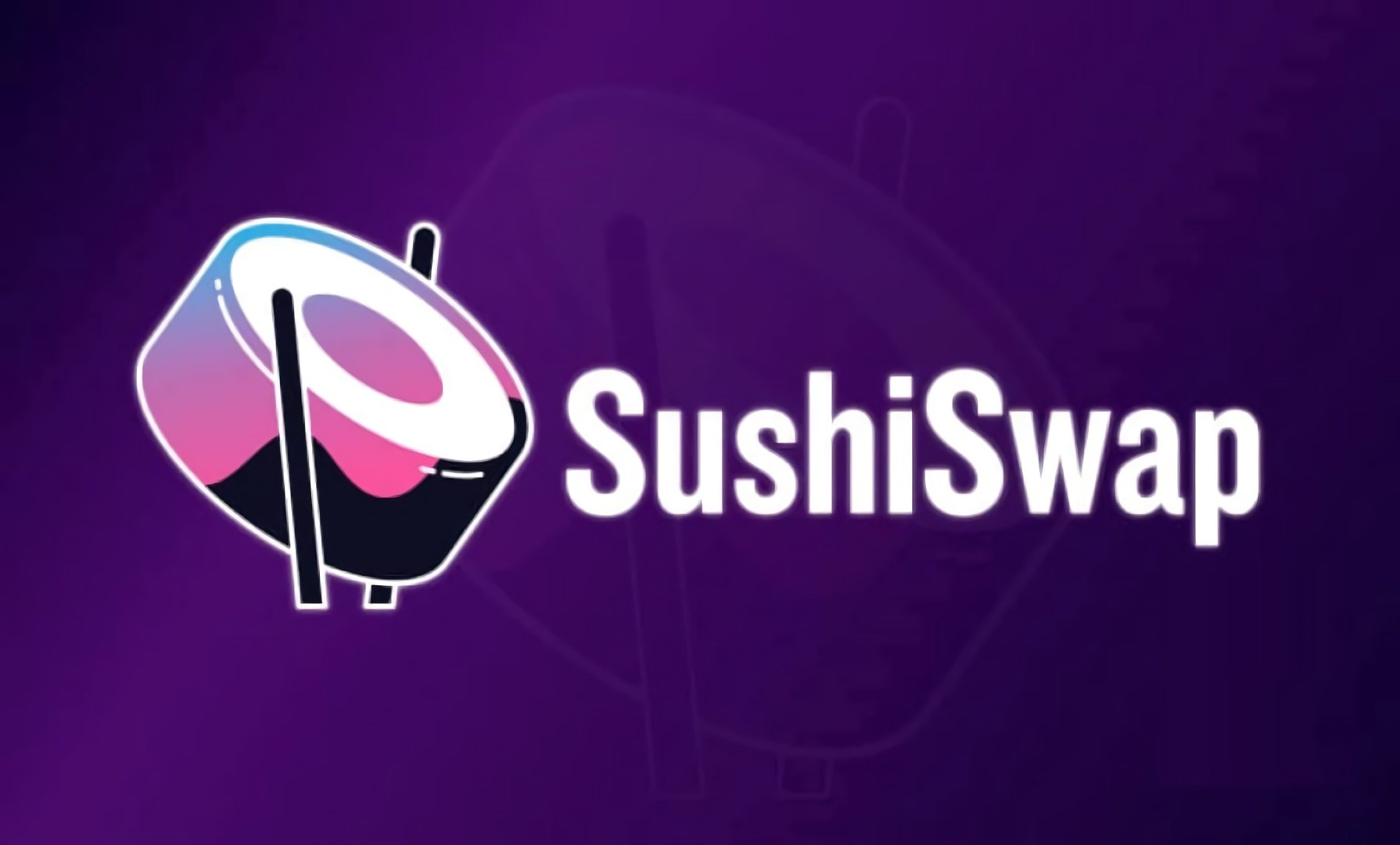
SushiSwap has grown to become a significant player in the DeFi space, with a total value locked (TVL) of approximately $400 million. Operating on multiple chains, it extends its reach beyond just Ethereum, making it accessible to a broader audience. This multi-chain capability enhances its versatility and user base.
The SUSHI token serves as SushiSwap’s governance token, allowing users to vote on protocol changes and participate in community-driven decision-making. With a capped total supply of 250 million, the SUSHI token ensures that the platform remains sustainable and valuable. SushiSwap also features a unique staking mechanism known as SushiBar, where users can stake SUSHI tokens to earn xSUSHI, which appreciates over time.
In addition to trading, SushiSwap offers various user engagement community engagement opportunities and earn rewards mechanisms, making it more than just a trading platform.
Balancer: Automated Portfolio Management
Balancer stands out as both a decentralized exchange and an automated portfolio manager. It allows users to create personalized portfolios consisting of up to eight different tokens, each with specific weightings. The platform automatically rebalances these portfolios to maintain the desired investment strategy, providing a unique and innovative approach to asset management.
The governance token for Balancer, BAL, plays a crucial role in community governance, giving users a voice in the platform’s decision-making process. This decentralized governance model ensures that the platform evolves according to the needs and preferences of its users.
While Balancer offers innovative features for portfolio management, it can be complex for new users and carries potential security risks that need careful consideration. However, its unique approach to automated portfolio management continues to attract a dedicated user base, especially with the latest version.
dYdX: Perpetual Futures Contracts
dYdX specializes in derivatives trading, particularly perpetual futures contracts. These contracts allow traders to speculate on the future price movements of assets without an expiry date, offering a flexible and popular option in the derivatives market. Yield farming traders on dYdX can leverage up to 50 times their trades, significantly enhancing their potential for profit.
The DYDX token serves as the platform’s governance token, playing a crucial role in both governance and operations. dYdX also offers a mobile application with a user-friendly interface, catering to both beginners and professional traders.
With its focus on perpetual futures contracts and high leverage options, dYdX provides a specialized trading experience that sets it apart from other DEXs.
Security and Risks in Using DEXs
Security is a paramount concern when using decentralized exchanges (DEXs). Faulty smart contracts can be exploited by malicious actors, posing significant risks. Reentrancy attacks, where hackers create a repeated loop to withdraw more funds than intended, are a common threat. Rug pulls, a type of exit scam, occur when a token’s creator drains investor funds by selling off large amounts of the token.
Mitigating these risks involves accessing legitimate dApp links and keeping your wallet updated. Unsecured flash loans, which scammers can manipulate to borrow large sums without collateral, also pose a risk to liquidity providers and liquidity provision.
Understanding the technology and securing your private keys helps safeguard your investments in the DeFi space.
Key Factors When Choosing a DEX

Choosing the right DEX involves considering several key factors. Security should be a top priority, making it essential to check if a most popular dex has undergone audits by respected third parties. Community feedback can also provide valuable insights into a DEX’s reliability and security record.
High liquidity is another crucial factor, as it reduces slippage and ensures smoother trade execution. A user-friendly interface is vital, especially for beginners, as it simplifies the trading process. Eliminating intermediaries can help reduce transaction fees, which can vary significantly based on the blockchain used, with gas fees often being a major consideration, making it important to seek the lowest fees.
Getting Started with a Decentralized Wallet
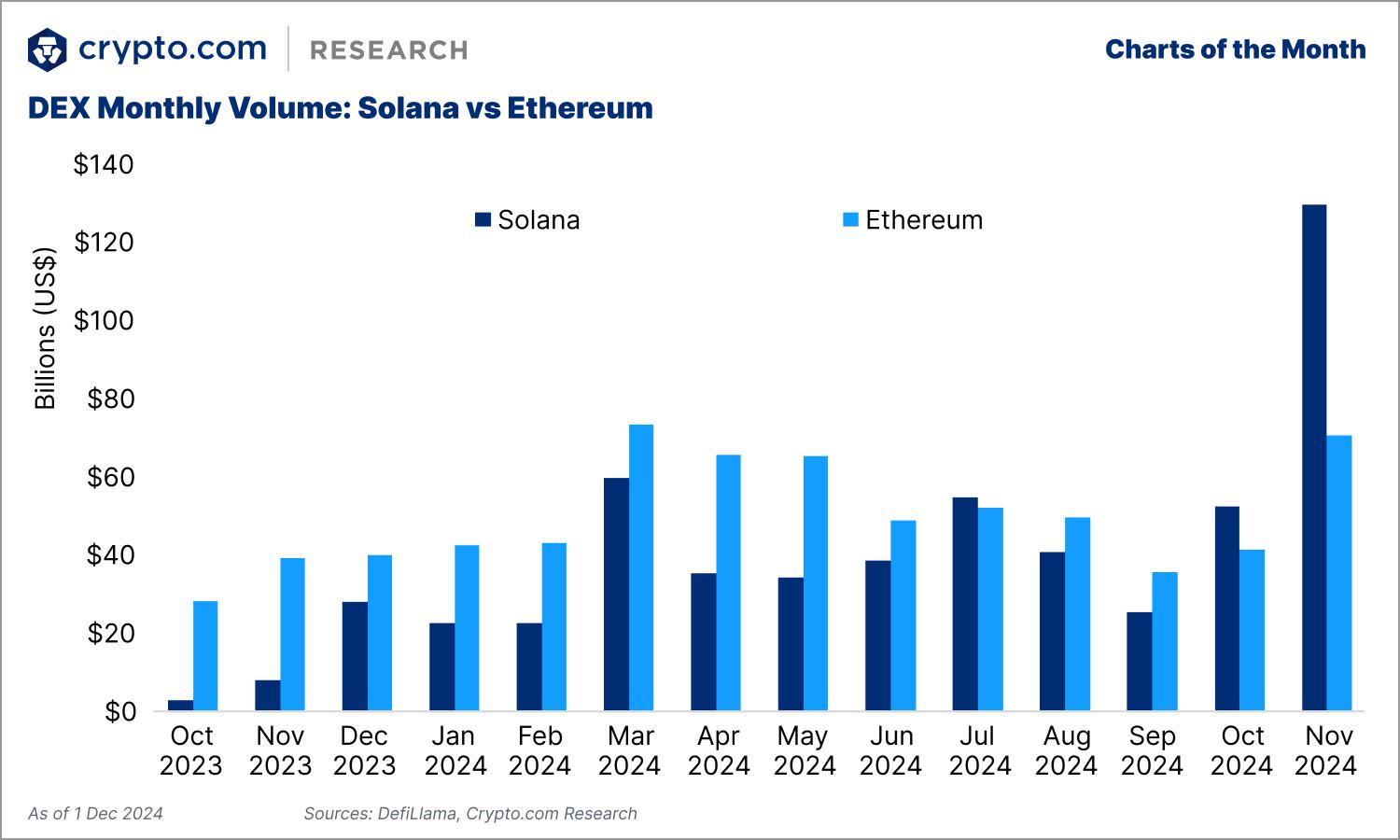
Getting started with a decentralized wallet is straightforward. First, choose a compatible wallet such as MetaMask, Trust Wallet, or Coinbase Wallet. Next, fund the wallet by transferring cryptocurrency from another wallet or exchange. Finally, connect your wallet to a DEX to begin trading.
Decentralized wallets allow you to maintain full control over your private keys and funds, which is essential for trading on fully decentralized decentralized exchanges (DEXs). This control ensures that you are the sole custodian of your assets, providing a higher level of security and autonomy.
Tax Implications of DEX Transactions
Tax obligations for decentralized exchange transactions are similar to those of centralized exchanges. However, unlike centralized exchanges, decentralized exchanges do not report transactions to the IRS. This means that users must take extra care to report their transactions accurately.
In the DeFi space, transactions can trigger either capital gains tax or ordinary income tax. Long-term capital gains are generally subject to lower tax rates compared to short-term capital gains. Every cryptocurrency transaction, including sales, swaps, and transfers, must be reported on tax returns.
Airdrops received through DeFi activities are generally considered taxable income based on their fair market value at the time of receipt. Gas fees incurred during taxable events can be added to the cost basis, potentially reducing capital gains. Transferring assets between your own wallets is not a taxable event, but it complicates accounting for cost basis.
Summary
In summary, Ethereum has played a pivotal role in the rise of decentralized exchanges, providing the infrastructure and smart contract capabilities needed for their success. The top five Ethereum DEXs for 2025 each offer unique features and benefits, catering to a wide range of trading needs and preferences.
As you navigate the world of DEXs, it’s essential to consider factors such as security, liquidity, and user experience. By understanding the tax implications and getting started with a decentralized wallet, you can confidently engage in the DeFi space. The future of trading is decentralized, and with the right knowledge and tools, you can be a part of this exciting revolution.
Frequently Asked Questions
What is a decentralized exchange (DEX)?**?
A decentralized exchange (DEX) enables users to trade cryptocurrencies directly with each other, eliminating intermediaries through the use of blockchain technology and smart contracts. This peer-to-peer trading model enhances security and control over assets.
What makes Ethereum a preferred platform for DEXs?**?
Ethereum is favored for DEXs due to its robust smart contract functionality, high security, transparent operations, and compatibility with various tokens. These features enable developers to create versatile and secure decentralized exchanges.
How do I choose the right DEX for my needs?**?
To choose the right DEX for your needs, prioritize security audits, community feedback, liquidity options, user interface, and transaction fees. These factors will guide you toward a platform that best aligns with your trading requirements.
Are there tax implications for using DEXs?**?
Yes, using decentralized exchanges (DEXs) carries tax obligations akin to those associated with centralized exchanges; all transactions, including sales, swaps, and transfers, must be reported. It’s essential to stay compliant with tax regulations to avoid potential issues.
How do I get started with a decentralized wallet?**?
To get started with a decentralized wallet, select a wallet such as MetaMask, Trust Wallet, or Coinbase Wallet. Fund it by transferring cryptocurrency, and connect it to a decentralized exchange (DEX) for trading. This will allow you to effectively manage and trade your digital assets.

